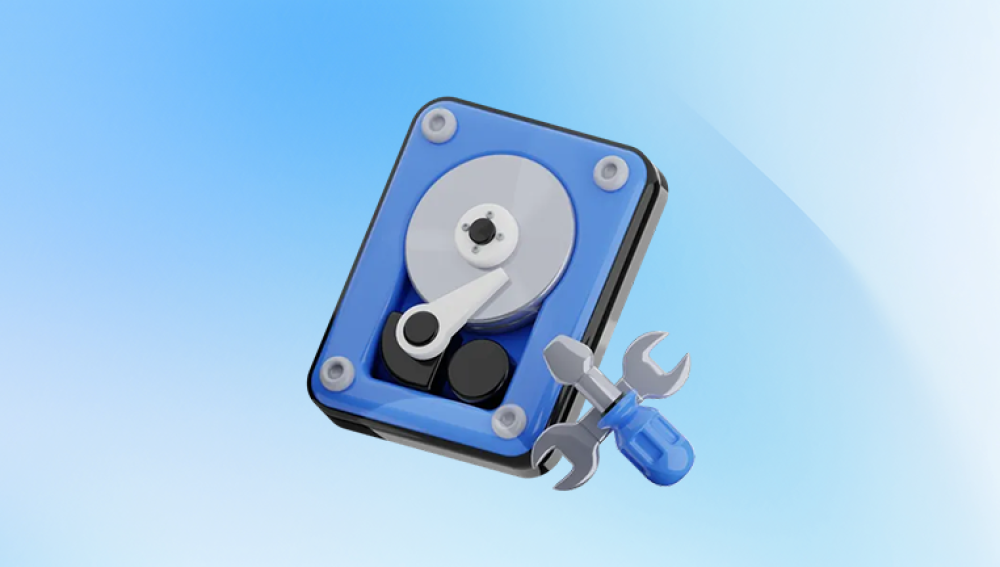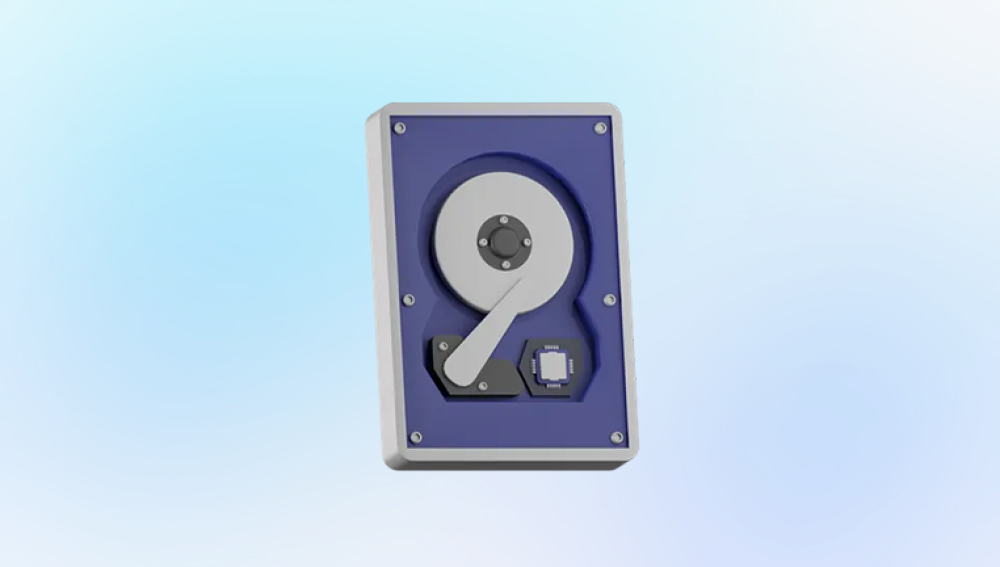In our digital era, data is not just a collection of bits and bytes; it's a repository of personal memories, professional work, and vital information. Losing this data due to a hard disk failure can be devastating, making data recovery services essential. However, these services come with a cost that can vary widely. Understanding the factors that influence these charges and what to expect can help you make informed decisions when faced with data loss. This comprehensive guide delves into the intricacies of hard disk data recovery charges, offering clarity on what you might pay and why.
The Anatomy of Hard Disk Data Recovery Costs
The cost of hard disk data recovery can range from as low as $100 to several thousand dollars. This wide range is due to multiple factors that influence the complexity and effort required for successful data retrieval. Here’s a detailed look at the primary factors affecting data recovery costs:
Type of Damage: The nature of the damage to the hard disk is a critical determinant. Data loss can result from logical issues (software-related problems like accidental deletion or file corruption) or physical damage (hardware failures such as a crashed drive or mechanical issues). Logical recoveries are generally less expensive, ranging from $100 to $700. whereas physical recoveries can cost between $300 and $2.000 or more, depending on the severity of the damage.

Extent of Damage: Even within the categories of logical and physical damage, the extent or severity plays a significant role. A mildly corrupted file system might be easier and cheaper to fix than a drive with severe mechanical failures, requiring specialized equipment and cleanroom facilities.
Type of Hard Disk: Different types of hard disks (HDDs, SSDs, hybrid drives) have varying levels of complexity when it comes to data recovery. SSDs, for example, are generally more challenging to recover data from due to their complex architecture and data storage methods. Recovering data from SSDs can be more expensive than from traditional HDDs.
Size and Capacity: The storage capacity of the hard disk also influences the cost. Larger drives take more time to scan and recover, leading to higher costs. Additionally, if the drive is densely packed with data, the recovery process can become more complex and time-consuming.
Turnaround Time: The urgency of the data recovery can affect the price. Standard recovery services might take a few days to a couple of weeks, but if you need your data recovered quickly, express services are available at a premium. Emergency or expedited services can significantly increase the cost, sometimes doubling the standard rates.
Service Provider: The reputation and expertise of the data recovery service provider can also impact the price. Established companies with a proven track record and advanced facilities typically charge more for their services. While it might be tempting to go for cheaper options, the risk of further data loss or incomplete recovery is higher with less experienced providers.
Data Recovery Success Rate: Some providers offer a "no data, no charge" policy, meaning you only pay if they successfully recover your data. Others may charge for the attempt, regardless of the outcome. It’s crucial to understand the terms before proceeding with a service.
Breaking Down the Costs
To give you a clearer picture, let’s break down the costs associated with different scenarios of hard disk data recovery:
Logical Data Recovery:
Minor Issues: $100 - $300
Examples: Accidental file deletion, minor file corruption.
Involves: Software-based recovery methods, minimal manual intervention.
Moderate Issues: $300 - $700
Examples: Complex file corruption, non-booting systems with logical errors.
Involves: Advanced software tools, moderate manual intervention, potential file system repairs.
Physical Data Recovery:
Minor Physical Damage: $300 - $800
Examples: Issues with the read/write heads, minor electrical failures.
Involves: Hardware repairs or replacements, cleanroom environment for disassembly.
Moderate Physical Damage: $800 - $1.500
Examples: Severe head crashes, motor failures, significant physical damage.
Involves: Extensive hardware repairs, potential part replacements, detailed cleanroom work.
Severe Physical Damage: $1.500 - $3.000+
Examples: Heavily damaged platters, extensive electronic failures.
Involves: Highly specialized equipment and expertise, time-consuming recovery processes.
Solid State Drives (SSDs):
Logical Issues: $300 - $1.000
Examples: Firmware corruption, bad blocks.
Involves: Software tools tailored for SSDs, potential firmware updates.
Physical Issues: $1.000 - $2.500+
Examples: Controller failures, NAND chip damage.
Involves: Advanced techniques such as chip-off recovery, specialized hardware tools.
Additional Costs and Considerations
Apart from the primary recovery costs, there might be additional expenses to consider:
Diagnosis Fees: Some service providers charge a fee for diagnosing the problem, which might be waived if you proceed with the recovery service.
Shipping Costs: If you need to send your hard disk to a recovery center, shipping and handling charges can add to the overall cost.
Replacement Parts: In cases of severe physical damage, replacement parts might be required, adding to the expense.
Data Transfer Media: Once recovered, your data needs to be transferred to a new storage medium, which might incur additional costs if you don’t provide one.
Choosing the Right Data Recovery Service
When selecting a data recovery service, consider the following tips to ensure you get the best value for your money:
Research and Reviews: Look for reputable service providers with positive customer reviews and testimonials. Experience and a proven track record are crucial indicators of reliability.
Certifications and Cleanroom Facilities: Ensure the provider has certified cleanroom facilities for physical recoveries and follows industry standards.
Transparent Pricing: Avoid providers with vague pricing structures. Look for clear, upfront pricing and ensure you understand what’s included in the cost.
Customer Support: Good customer support is essential for a smooth recovery process. Choose a provider that offers responsive and helpful customer service.
Data Privacy: Ensure the provider follows strict data privacy protocols to protect your sensitive information.
The Future of Data Recovery Costs
As technology advances, the landscape of data recovery continues to evolve. Emerging technologies, such as AI-driven recovery tools and more sophisticated scanning algorithms, promise to make data recovery more efficient and potentially more affordable in the future. However, the increasing complexity of modern storage devices might also pose new challenges, impacting recovery costs.
Hard disk data recovery charges are influenced by a myriad of factors, including the type and extent of damage, the type of storage device, and the service provider's expertise. While costs can vary widely, understanding these factors helps you make informed decisions when faced with data loss. By choosing a reputable service provider and being aware of the potential costs, you can navigate the data recovery process with confidence, ensuring the best possible outcome for your precious data.
In a world where data is invaluable, investing in professional data recovery services can save you from the heartache and disruption of losing vital information. Whether it's personal memories or crucial work documents, knowing what to expect in terms of costs and recovery options empowers you to protect and restore your digital life.




